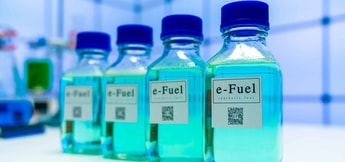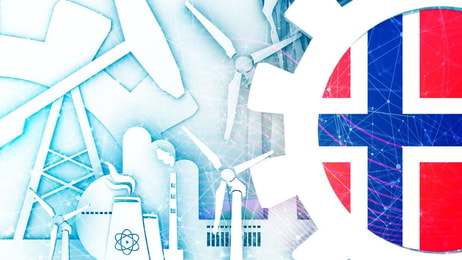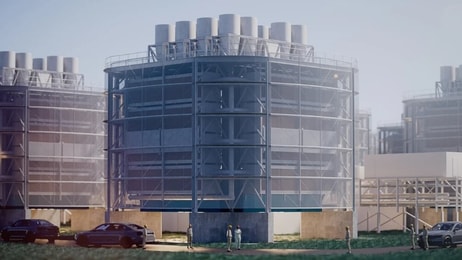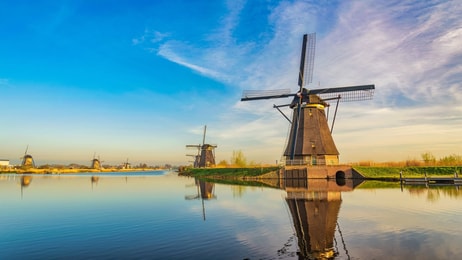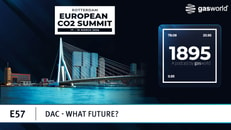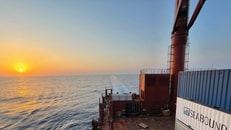Skytree to supply CO2 for innovative e-fuels pilot in Germany
Netherlands-based direct air capture (DAC) specialist Skytree will provide its technology to a German Power-to-X project aiming to demonstrate how solar energy and captured CO2 can be converted into synthetic fuels like methanol for use in energy or industry.
E-fuels – synthetic fuels made from captured CO2 and green hydrogen – are increasingly seen as a promising solution for decarbonising hard-to-electrify sectors such as aviation, shipping, and chemical manufacturing.
The four-year project, named SynCom, is led by national research institution Forschungszentrum Jülich and supported by the German Federal Ministry of Education and Research. It will be split into two phases.
In the first phase, Skytree’s DAC system will be tested at Jülich’s facilities in Germany. Carbon dioxide will be captured from the air and passed through a solid oxide electrolysis cell to convert the CO2 and water into carbon monoxide and hydrogen, or syngas.
... to continue reading you must be subscribed


